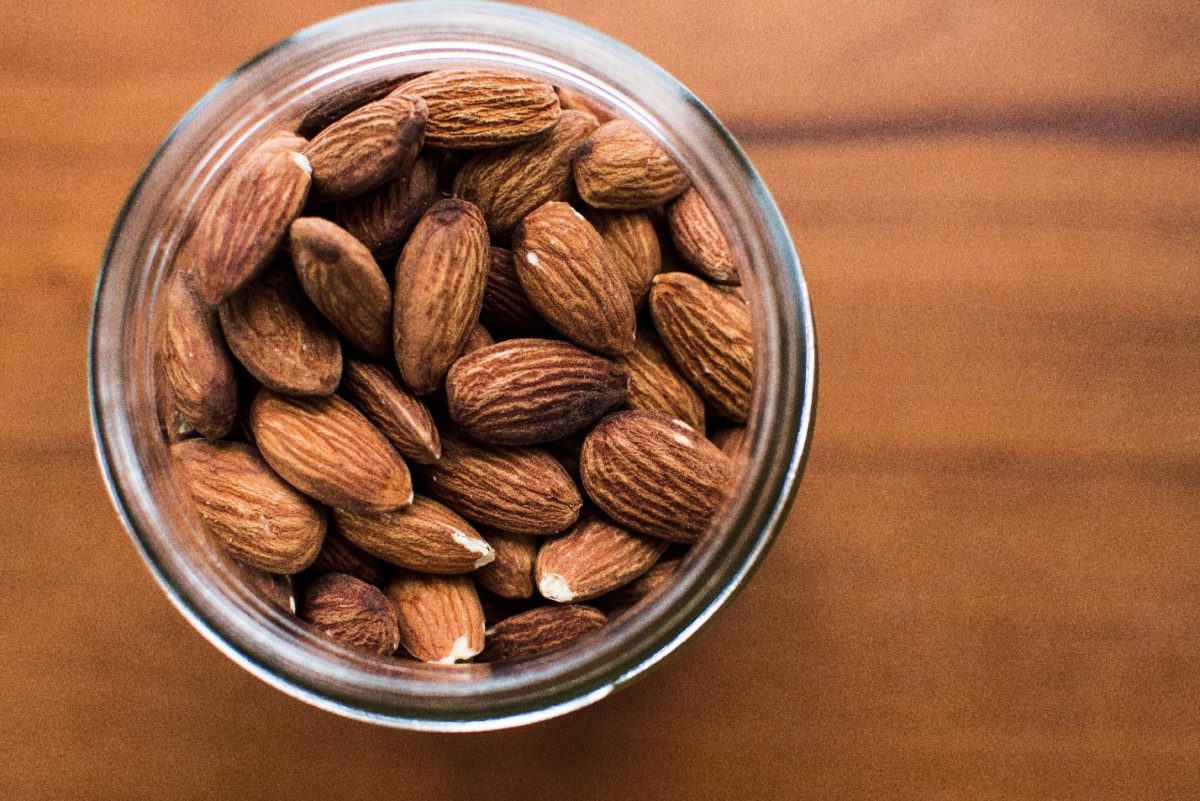Affecting more than 25 million Americans, asthma is a common chronic condition that causes the airways to become narrow and inflamed, sometimes leading to difficulty breathing, coughing, wheezing and shortness of breath.
With the COVID-19 outbreak on many peoples’ minds, The Centers for Disease Control and Prevention (CDC) urges those with asthma to have a plan in place, including “stocking up on supplies, taking asthma medication as needed, avoiding crowds and practicing good hygiene.” But there may be another step that could help asthma sufferers.
Related: How to Market Plant-Based Foods to Meat Eaters
According to a new review by the Physicians Committee for Responsible Medicine, a plant-based diet can help prevent and manage asthma, while dairy products and high-fat foods raise the risk of flare-ups. The researchers examined evidence related to diet and asthma and found that certain foods, including fruits, vegetables, whole grains and other high-fiber foods, can be beneficial for those with asthma.
The authors highlighted a study that found when compared to a control group, asthma patients who consumed a plant-based diet for eight weeks experienced a greater reduction in the use of asthma medication and less severe, less frequent symptoms. In another study, asthma patients adopted a plant-based diet for a year and saw improvements in vital capacity, a measure of the volume of air that patients can expel.
High in fiber, plant-based diets have been positively associated with improvements in lung function. The researchers emphasized the antioxidants and flavonoids found in plant foods, which may also have a protective effect.
On the other hand, the review also found that dairy consumption can raise the risk of asthma and worsen symptoms. One study found that children who consumed the most dairy had higher odds of developing asthma, compared with the children consuming the least. In asthma patients, high fat and low fiber intake and consumption of saturated fat were also associated with airway inflammation and worsened lung function.
Since asthma can make people more vulnerable in the COVID-19 outbreak, this research can be a powerful tool for preventing and managing asthma, both during and post-pandemic.










Join or login to leave a comment
JOIN LOGIN